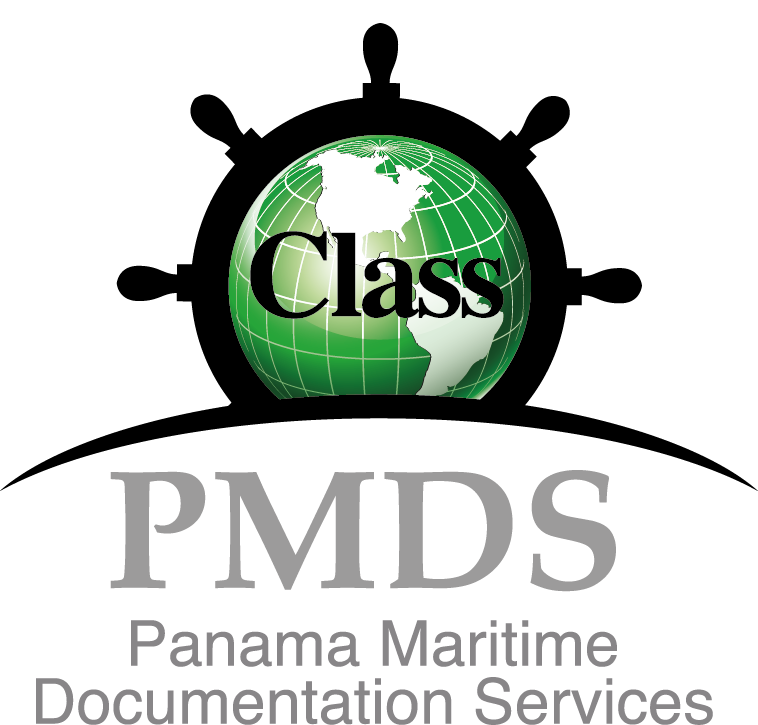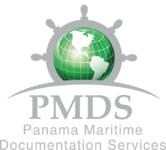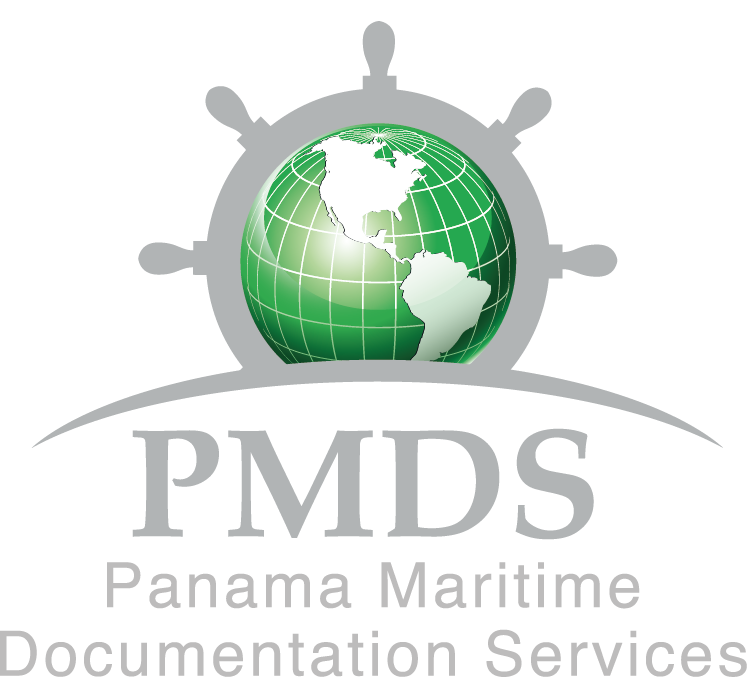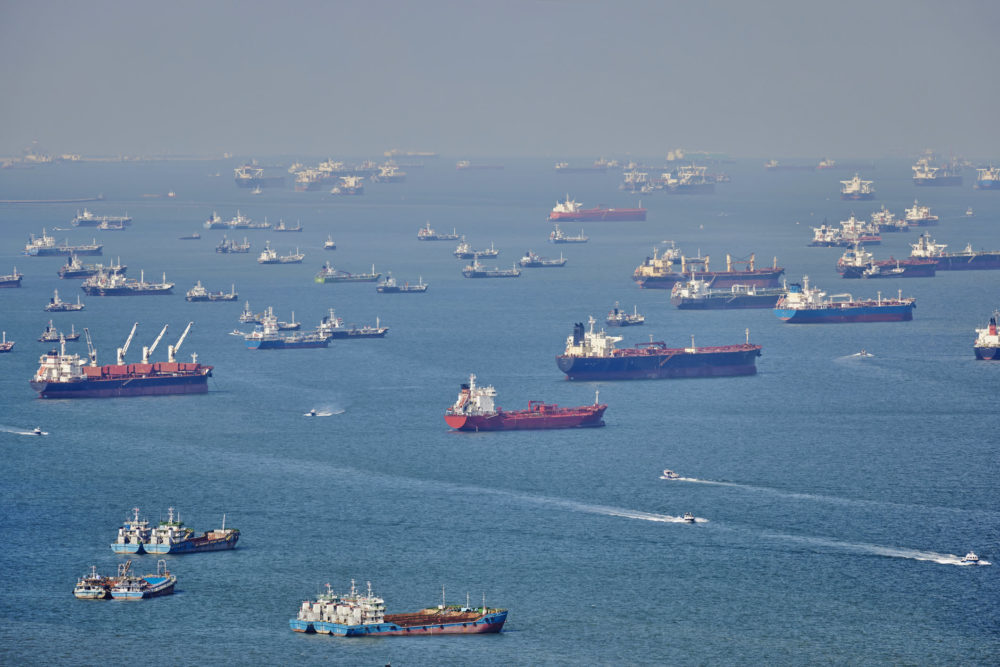
IMO III 9: Sub-Committee on Implementation of IMO Instruments
The 9th meeting of the IMO’s Sub-Committee on Implementation of IMO Instruments (III 9) was held 31 July – 4 August 2023 in the IMO Headquarters in London, supplemented by hybrid (online) participation.
Meeting highlights
- Reviewed lessons learned from accident reports.
- Finalized guidance on remote surveys and ISM Code audits under extraordinary circumstances.
- Agreed on the amendments to the survey guidelines under the Harmonized System of Survey and Certification (HSSC)
- Agreed on the amendments to procedures for Port State Control (PSC)
- Consideration and analysis of reports on alleged inadequacy of Port Reception Facilities (PRF)
Accidents Reports
Learning from accidents to avoid similar events in the future is important. III 9 reviewed lessons learned from several accidents, which will be published on the IMO’s website:
- analysis of maritime safety investigation reports, prioritizing very serious marine casualties involving SOLAS ships which have occurred since 1 January 2010.
- analysis of incidents involving collisions with fishing vessels and approved a revised questionnaire on fishing vessel collisions for the use of member States.
- analysis on ISM Code-related concern on unsatisfactory implementation of safety management systems and agreed to refer it to the ILO/IMO Joint Tripartite Working Group (JTWG).
- proposal for a new output addressing the identified safety issues of seafarers exposed to risk of falls from height should be submitted to MSC for further consideration.
- proposal for a new output for preventing loss of containers at sea had merit.
- Analysis of the safety risks and proposed countermeasures regarding lifeboat slings and agreed to refer it to the SSE sub-committee.
- proposed review of the Casualty Investigation Code. III 9 supported the proposal in general and the request for a new output to MSC.
- Analysis of enclosed space asphyxiation accidents and noted the information.
Noting that lessons learned are not submitted for all accident investigation reports, III 9 agreed to issue a circular to remind member states to submit reports. Based on lessons learned, III 9 developed a proposal for a new output on fall from heights, to be approved by the Maritime Safety Committee (MSC).
https://www.imo.org/en/OurWork/MSAS/Pages/Casualties.aspx
Remote surveys, ISM Code audits and ISPS Code verifications
III 9 finalized the development of guidance on the application of remote surveys and International Safety Management (ISM) Code audits for the situation that on-site attendance is not possible under extraordinary circumstances.
The guidance for surveys will be included in the survey guidelines under the Harmonized System of Survey and Certification (HSSC), while the guidance for remote ISM Code audits will be included in the guidelines for administrations on implementation of the ISM Code.
The following may be noted:
- There was an intense discussion on “”force majeure”, and in the end, III 9 decided not to prepare a definition of this term due to conflict with existing national legislations of member States.
- It was decided to use “ extraordinary circumstances beyond the control of the parties, such as natural disasters, warfare, pandemic/epidemic outbreak, strike, riot, crime, or sudden legal change, which prevents on-site audit although the parties have taken all the reasonable steps to perform.”
- Legal issues, including data protection, were not specifically mentioned in the guidelines, but a generic caution was inserted; and
- crew training is included in the guidelines.
The amendments to these guidelines are expected to be adopted at Assembly 33 in December 2023.
Guidelines for remote International Ship and Port Facility Security (ISPS) verifications under extraordinary circumstances has not yet been developed, as there are concerns related to the application of remote techniques and protection of security-sensitive information. However, it was agreed that guidelines are needed, and a Correspondence Group will conduct further work on this issue.
Updated survey guidelines under the Harmonized System of Survey and Certification (HSSC)
The survey guidelines under HSSC were updated and are expected to be adopted at Assembly 33 in December 2023 and will enter into force 1 January 2024.
Key changes to the Survey Guidelines under the Harmonized System of Survey and Certification (HSSC), 2021 (resolution A.1156(32)), are:
- Covering additional mandatory requirements entering into force on 1 January 2022, and up to, 31 December 2023; and
- To include elements of “remote survey” as above mentioned.
The “Non-exhaustive List of Obligations under Instruments Relevant to the IMO Instruments Implementation Code” were also updated according to the newest requirements.
A Correspondence Group was established to continue updating the HSSC guidelines with respect to new regulations entering into force.
Measures to harmonize port state control (PSC) activities and procedures.
Amendments to the “2021 Procedures for Port State Control (Resolution A.1155(32))” were completed by III 9 and are expected to be adopted at Assembly 33 in December 2023 and will enter into force 1 January 2024.
The following amendments have been agreed on:
- Specification on the process of detention and suspension of PSC inspections due to clearly substandard conditions on the vessel
- Inclusion of 2022 “Guidelines for Inspection of Anti-fouling Systems on Ships (Resolution MEPC.357(78))” as an annex
- Update of “Guidelines for Detention of Ships under MARPOL Annex VI”, for example, but not limited to:
- Clarification was given for detainable deficiencies regarding Statement(s) of Compliance covering Fuel Oil Consumption Reporting and Operational Carbon Intensity Rating.
- Clarification was given that as part of a more detailed inspection, the PSCO may review the plan of corrective actions for the carbon intensity reduction measures for ships rated as D for three consecutive years, or rated as E. However, an ongoing/outstanding implementation of the corrective action plan is not a ground for a detainable deficiency.
- A clarification note was added that for “new ships”, the Statement of Compliance is needed only from 1 June the following year.
- To include the information on the financial security provider required by ILO MLC, 2006
- On ships provided with an equivalent means of Sox, it would be considered as a detainable deficiency if an Exhaust Gas Cleaning System (EGCS) fails to provide effective equivalence to the requirements in MARPOL Annex VI, regulations 14 and 14.4; and
- It would be considered as a detainable deficiency if the Sulphur content of any fuel oil being used in combustion units not connected to the EGCS exceeds the limits stipulated in MARPOL Annex VI regulation 14 (considering the provisions of MARPOL Annex VI regulation 18.2).
The “Guidelines for Port State Control under the BWM Convention (Resolution MEPC.252(67))” were reviewed. It was concluded that the BWM Convention has been amended and is currently being reviewed as part of the experience-building phase. Therefore, an update of the guidelines for PSC under BWM is expected and needs to be considered.
The review of the interim “Guidance on Control and Compliance Measures to Enhance Maritime Security (Resolution MSC.159(78))” will be carried out by a Correspondence Group.
For additional information contact us : corporate@panamamaritime.com

 (507) 6780-7942
(507) 6780-7942
